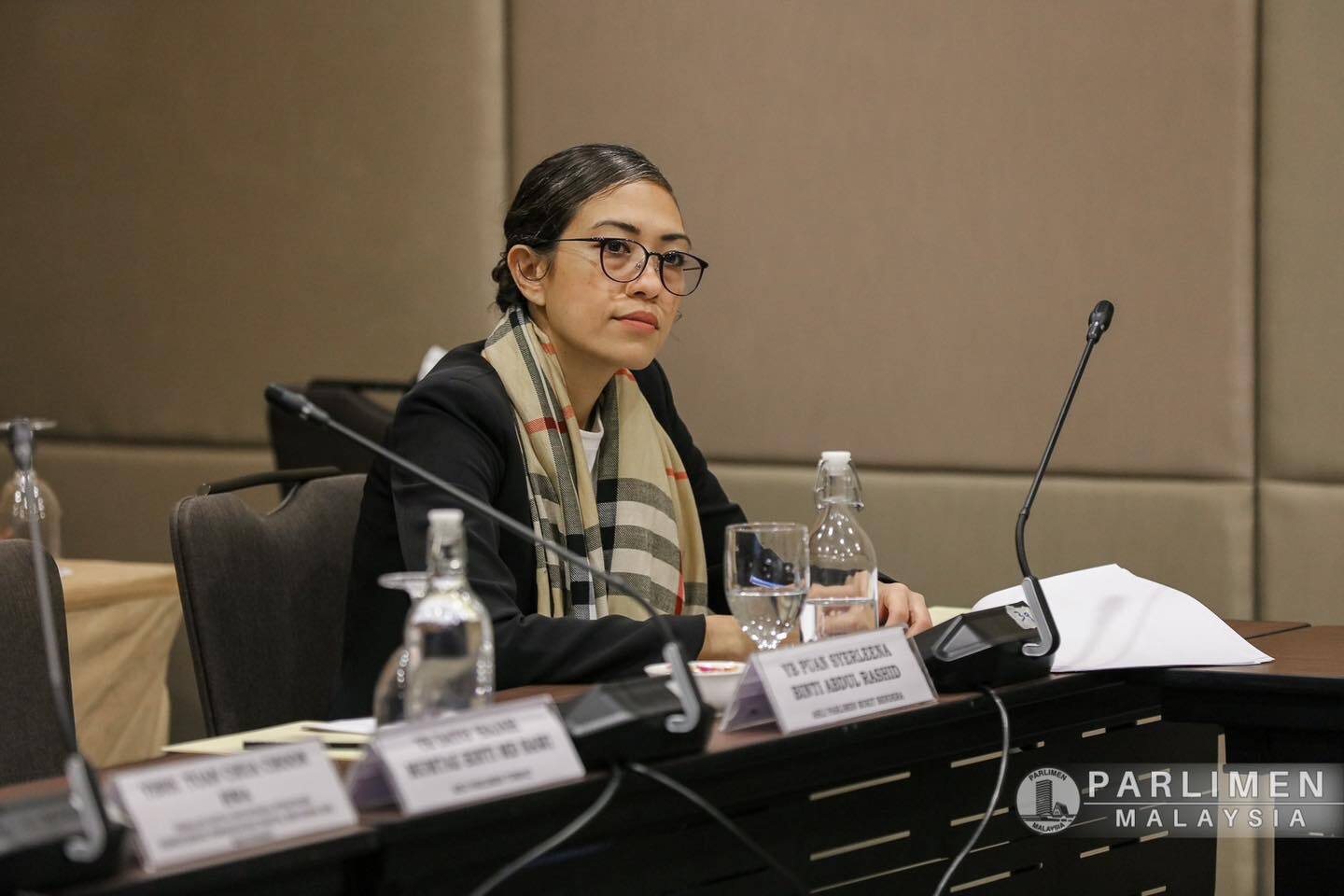
In a recent press statement, Member of Parliament for Bukit Bendera, Syerleena Abdul Rashid, shed light on a pressing issue that demands immediate attention and action—sexism in the Malaysian Parliament. With conviction and eloquence, she emphasized the need for elected officials, especially Members of Parliament (MPs), to uphold the highest standards of conduct, which include class, integrity, and respect for all individuals, irrespective of gender.
Syerleena’s statement highlights the critical role that MPs, as public representatives, should play in leading by example, advocating for equality, and demonstrating respect for all members of society. Sexist remarks, in particular, have no place in the discourse of public figures and public servants. They not only offend but also perpetuate a culture of discrimination and inequality, which poses a significant challenge to the ongoing fight against gender bias and sexual harassment.
“By actively challenging and changing sexist attitudes and practices within Parliament, Malaysia can set a powerful example, both nationally and internationally, of a country committed to the principles of equality, respect, and democratic integrity,” Syerleena asserts.
Sexist comments made by a public figure, especially an MP, have far-reaching consequences. They undermine the concerted efforts to create a more inclusive and respectful society, sending a negative message to the public. It implies that gender-based discrimination is either acceptable or inconsequential. This not only tarnishes the integrity of the parliamentary institution but also perpetuates a culture where women’s voices and contributions are undervalued in the political arena and beyond.
In a nation as diverse as Malaysia, where progress and cultural coexistence are paramount, allowing sexism to persist within its highest governing body is a regressive step in the journey toward inclusivity and respect for all citizens. Sexism in the Malaysian Parliament is especially alarming, given its central role in shaping the nation’s laws and policies. When sexist attitudes persist, they can influence the policymaking process and outcomes, potentially resulting in legislation that exacerbates gender inequalities.
Moreover, sexist behaviors within Parliament set a poor example for workplaces and communities across the country, suggesting that gender-based discrimination may be tolerated in other spheres. This, in turn, can discourage women from engaging in politics, whether as elected officials or as active citizens. The underrepresentation of women in political decision-making processes is a loss for the nation, as diverse perspectives are essential for balanced and effective governance.
Eradicating sexism in the Malaysian Parliament is crucial for the nation’s progress toward a truly equitable society. It’s not merely a women’s issue but a national concern that demands the active engagement and commitment of all citizens, regardless of gender.



